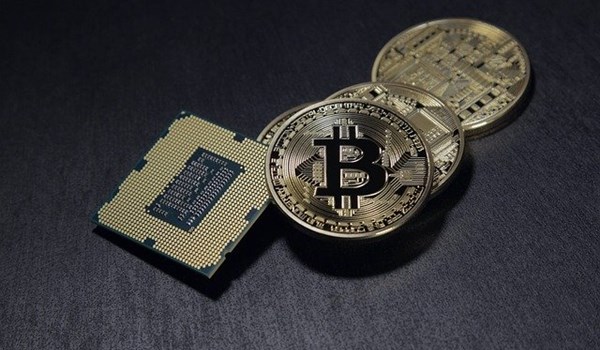Jurisdictions
Regions
Industry Sectors
27/01/22
UK: Crypto money laundering rises 30%, report finds.

As published on bbc.co.uk, Thursday 27 January, 2022.
Criminals laundered $8.6bn (£6.4bn) of cryptocurrency in 2021, up by 30% from the previous year, a report by blockchain data company Chainalysis says.
It says police could strike a "huge blow" by targeting key services used to launder cryptocurrency by criminals.
The company previously estimated criminals received a record $14bn in cryptocurrencies in 2021.
The UK's National Crime Agency (NCA) told the BBC law forces are responding.
Chainalysis says it tracks cryptocurrency wallets controlled by criminals such as ransomware attackers, malware operators, scammers, human traffickers, dark net market operators, and terrorist groups.
By following flows of cryptocurrency from addresses associated with criminal activity, Chainalysis was able to estimate the amount "laundered".
It says most cryptocurrency is laundered through a limited number of services - for example, particular exchanges favoured by criminals - and shutting these could have a big impact.
The report notes that "while billions of dollars' worth of cryptocurrency moves from illicit addresses every year, most of it ends up at a surprisingly small group of services, many of which appear purpose-built for money laundering".
It adds: "Law enforcement can strike a huge blow against cryptocurrency-based crime and significantly hamper criminals' ability to access their digital assets by disrupting these services."
According to a Europol report, also published on Wednesday, criminal networks specialised in large-scale money laundering "have adopted cryptocurrencies and are offering their services to other criminals".
And Gary Cathcart, head of financial investigation at the NCA, said: "Whilst the vast amount of cryptocurrency use and exchange is for legitimate reasons, organised criminals have identified the benefits that cryptocurrency provides them.
"There are parts of the cryptocurrency structure that are being exploited to launder criminal cash, particularly from drug dealing. The growing menace of ransomware also utilises cryptocurrencies as its payment mechanism.
"Law enforcement is responding to this adoption by criminal gangs and cryptocurrency seizures are increasing. Legislative changes are also being progressed to assist with the response to cryptocurrencies being used in illicit finance practices."
According to Chainalysis, the total laundered is short of the five-year peak of $10.9bn in 2019.
However, Europol said the trend is rising: "The use of cryptocurrencies in money laundering schemes has been increasing, and many criminal networks relied on cryptocurrencies as a payment medium during the Covid-19 pandemic."
The Chainalysis figures only cover crimes such as ransomware attacks where criminals are paid in cryptocurrency.
Money from offline crime, such as cash from drug trafficking, converted into cryptocurrency to be laundered is not included, and this could be a growth area, the report suggests.
It cites the example of a criminal group that supplied drugs across northern England and distributed them to street-level dealers, who would then sell them for cash.
A courier would collect the cash from the dealers and deliver it to a broker who would arrange for it to be converted into Bitcoin and then send it to an address specified by the crime group, taking a 4% fee.
That is low compared to more traditional forms of money laundering, the report argues, "suggesting that Bitcoin-based laundering could become increasingly attractive to traditional criminals".
Chainalysis was also able to observe changing behaviour from criminals.
The report suggests that so-called "decentralised finance" (DeFi) protocols have become more important to criminals trying to hide cash - receiving 17% of all funds sent from illicit wallets in 2021, up from 2% the previous year.
Many of these DeFi protocols allow for quick swapping between different types of cryptocurrency, which is attractive for launderers, Chainalysis says.
For example, the firm noted, they were widely used by with North Korea-affiliated hackers responsible for $400m worth of cryptocurrency hacks last year.
Reacting to the report, Paul Radu, director of the Organized Crime and Corruption Reporting Project, said criminals were "always early adopters of technology and they embraced cryptocurrencies a decade ago".
He added: "Since then, their sophistication grew, while unfortunately law enforcement and other investigators (including journalists) who follow the money are still playing catch-up."



